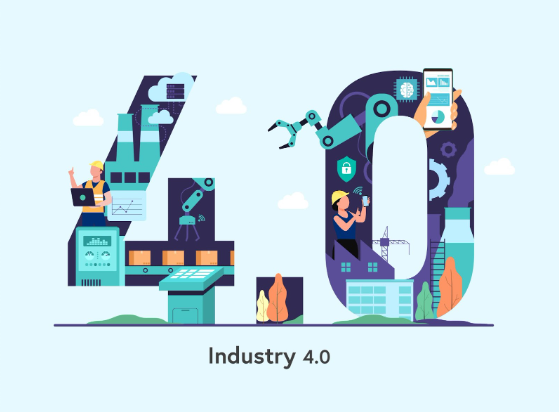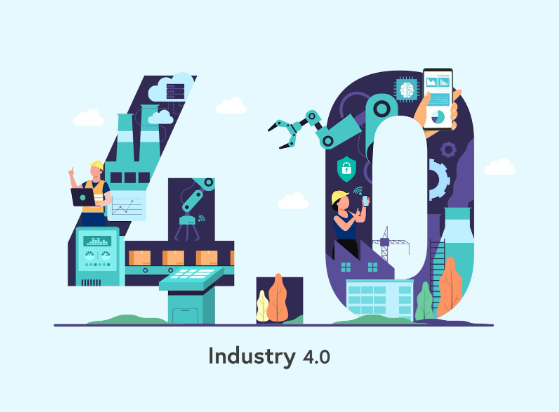65% of companies in Spain risk becoming irrelevant if they do not adopt big data strategies, a sector growing at an annual rate of 30%. Machine Learning allows models to learn automatically but requires human supervision to avoid negative outcomes, as seen with Microsoft’s bot. The quality and quantity of data, as well as accurate and efficient labeling, are key to successful Machine Learning model training.
Training Algorithms: Why AI Shouldn’t Be Left Alone









